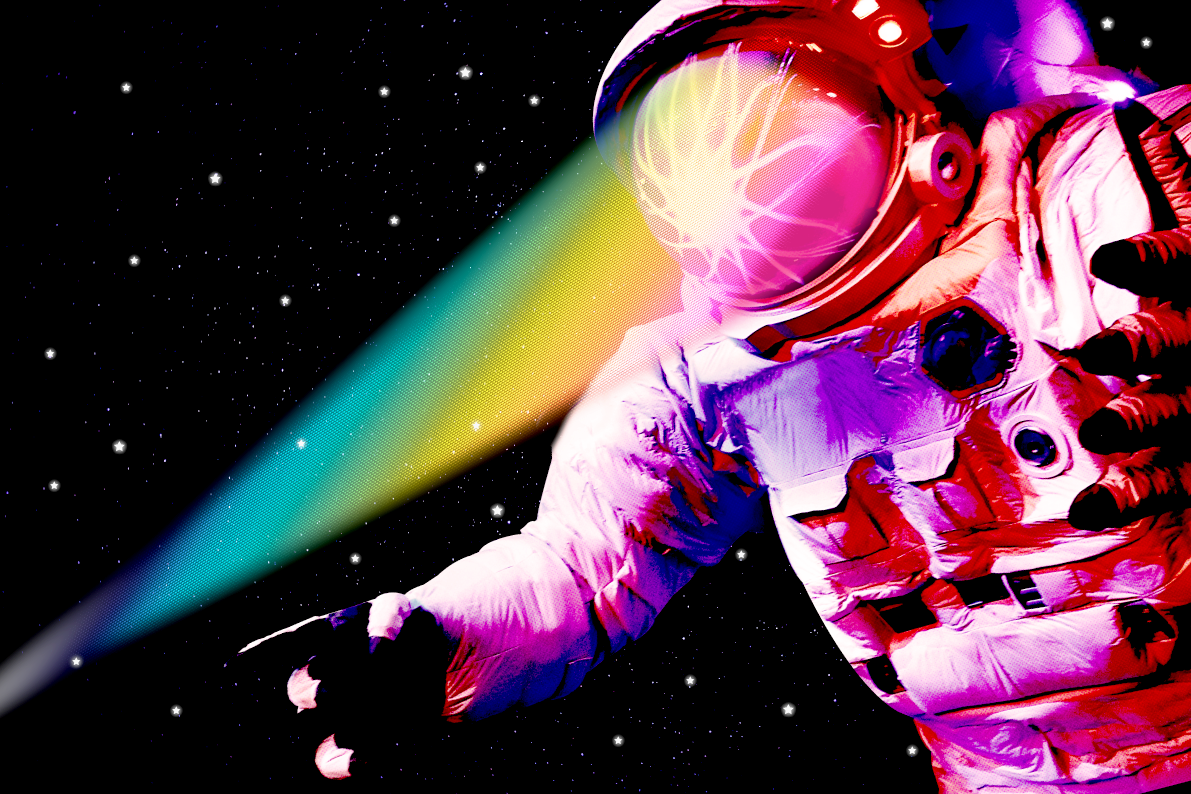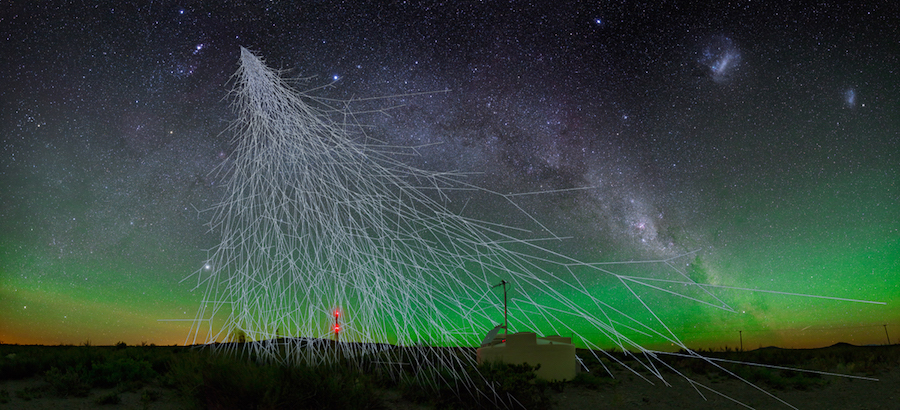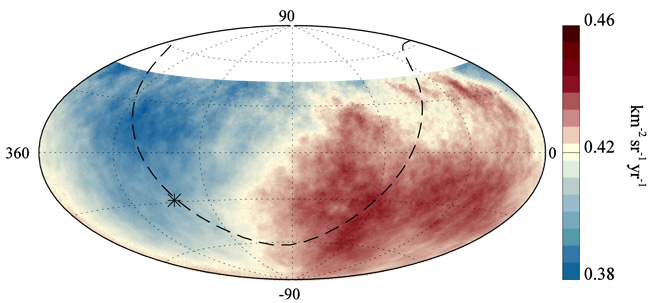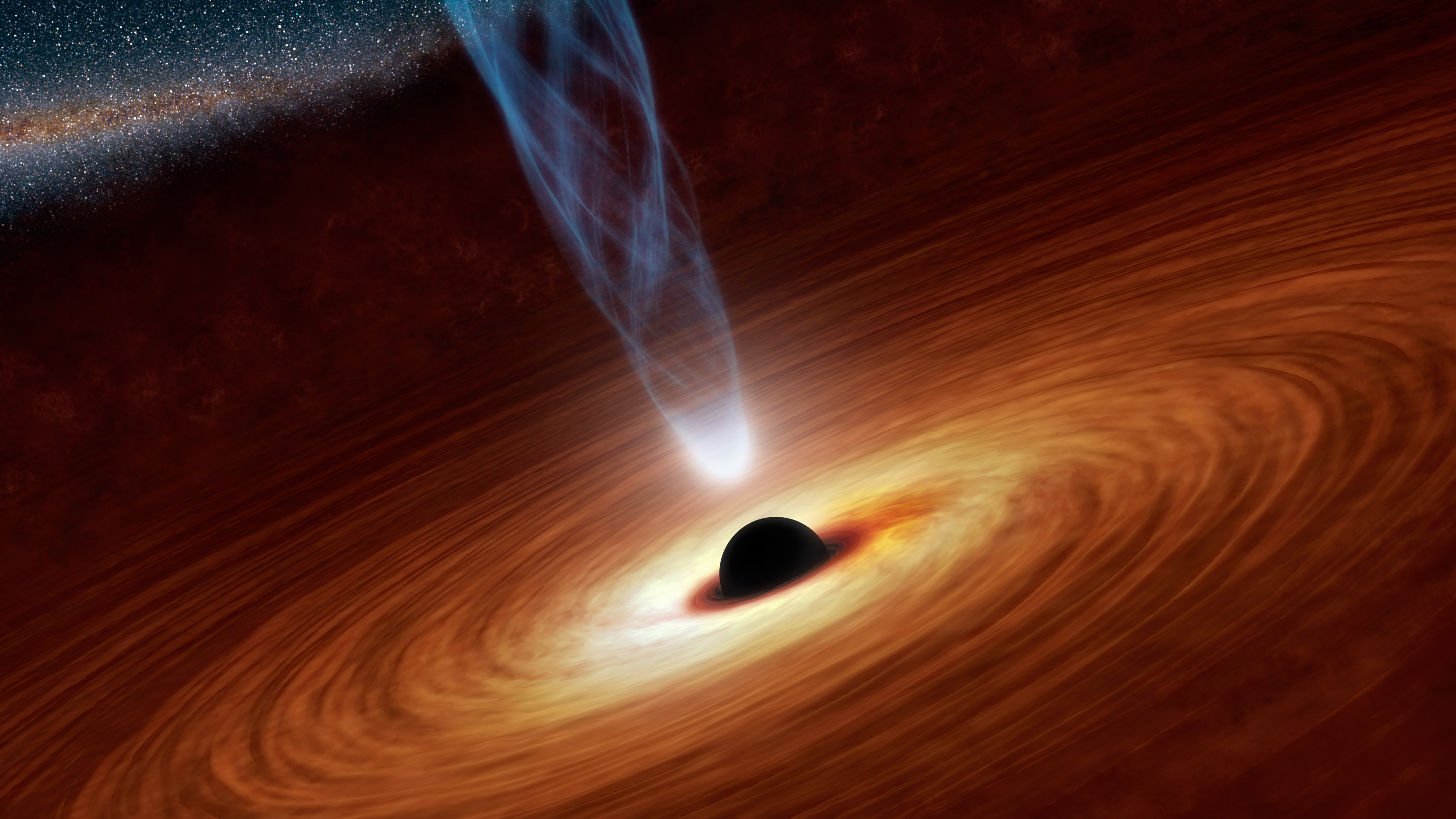
Radiation from cosmic rays could cause severe brain damage, according to a study on Mars astronauts. Photo Credits: Diana Quach
Cosmic radiation has been linked to Alzheimer’s disease, premature aging, and dementia in astronauts because it damages neurons in the brain. This is extremely concerning for anyone who wants to understand life beyond earth; sending astronauts for long space missions could destroy their lives! For decades, scientists have attempted to combat the impact of intergalactic cosmic radiation on Mars. On September 22nd, a new discovery changed everything.

Cosmic Rays. Photo Credits: A. Chantelauze, S. Staffi, L. Bret
Scientists recently discovered extragalactic high-energy cosmic rays, which are radiative fragments of atoms that cascade into earth at the speed of light. Scientists previously hypothesized that cosmic rays exist outside our galaxy, but were unable to prove it until now. The Pierre Auger Observatory’s particle detectors revealed that these rare cosmic rays are a million times more powerful than the largest cosmic phenomena in our galaxy. These findings were published in the journal Science as a research article titled Observation of a large-scale anisotropy in the arrival directions of cosmic rays above 8x10e18 eV.

This map of the sky shows the cosmic ray flux, with a cross marking the specific region where scientists observed a pattern of cosmic rays. Photo Credits: The Pierre Auger Collaboration.
The Pierre Auger Collaboration is certain that these high-energy cosmic rays originate outside our galaxy. Although cosmic rays are emitted by the Milky Way, the intergalactic particles cannot contain as much energy as the rays detected.

The blue lines represent magnetic field lines in a black hole that project an extragalactic jet, similar to our galaxy’s magnetic field. Photo Credits: NASA/JPL-Caltech
Extragalactic cosmic rays could contribute to the radiation damage to astronauts since they are so high in energy. Previously, scientists have considered many intergalactic cosmic radiation because there was no proof that extragalactic rays existed. If the cosmic rays’ origin could be found, scientists could isolate particles inside the rays to study their properties.
Unfortunately, it is difficult to locate the source of cosmic rays because they are anisotropic. Their properties changed when they encountered our galaxy’s magnetic field, which made determining the cosmic rays’ extragalactic properties impossible.

In the movie The Martian, the stranded Mark Watney wears a fashionable suit. Photo credits: Aidan Monaghan
So what does all of this mean? If we could source and isolate extragalactic cosmic rays, we could study how radiation damage affects the brain. We could create astronaut suits from materials that would deflect cosmic radiation, so astronauts can spend time on Mars without compromising their health. The groundbreaking discovery of extragalactic cosmic rays takes us one step closer to understanding the universe.
Jessica Shi
